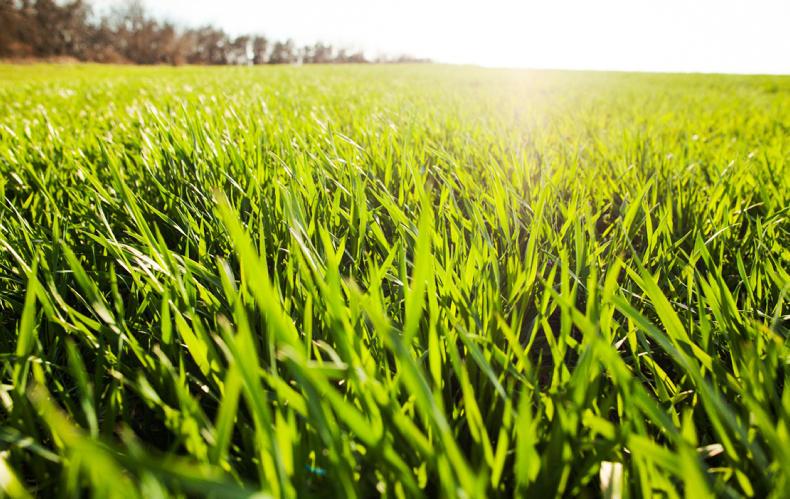One of the key themes coming from this year’s Agribusiness Report is that all businesses have sustainability to the fore. From this year’s global survey, 94% of agribusinesses understand sustainability is important to their business and that the main reason they are focusing on it is to add value and improve their brand and reputation.
But it is a word that has become so overused that it means everything and means nothing at the same time.
This was the focus of the panel discussion at the Agribusiness Report launch, which asked if the Irish food supply chain was fit for purpose given the context of a more demanding consumer and imminent climate change reduction targets.
Owen Brennan, executive chairman, Devenish
He broke down what sustainability means to him, defining it simply as common sense. He explained the company’s Omega 3 project, which feeds poultry an improved diet and translates into higher-quality chicken for consumers. He said that the project’s main aim was to prove that food should be the first part of health.
He explained that the common sense position on health is prevention is better than cure but still a huge amount of health expenditure is focused on the cure. He believes that food can take a bigger place here.
He says that to drive for change the industry needs to collaborate more, which he says will help everyone succeed.
He said: “Origin Green has allowed Ireland to lead in sustainability but that now it needs to evolve.”
On its future direction, he believes that it will be more like a journey rather than a final destination and that it will constantly need to evolve. He would like to see a more data-driven and science-based approach in the future.
On the environment, he said the industry should look at it as a profit centre, not as a cost centre. He outlined that as little as 20% of global milk production is from grass-based systems and suggested that global demand is going to be more than 20% in the future. He said this plays right into Ireland’s hand.
Professor Thia Hennessy, head of food business and development at University College Cork
She said that the global food system is somewhat flawed, but that this provides a real opportunity for Ireland. She said our system is much different from the global picture because we have a more natural system where our animals are out at grass along with relatively small family operations.
She believes that environmentally efficient food does not have to be expensive food. She said “that at farm level, some of the best-performing farms from an economic perspective are also the best-performing farms from an environmental perspective – that is because farmers are good managers who can identify efficiencies and gain a maximum return from them”.
She added there doesn’t need to be a trade-off. On expansion post-quota, she said farmers are actually lowering their carbon footprint as they are becoming more efficient.
Professor Nigel Scollan, director, Institute of Global Food Security, Queens University Belfast
He said that consumer expectations are intensifying around food and that Ireland can be a global leader in sustainable and responsible food production due to its small scale.
From a risk point of view, he believes the controls in the Irish food system are good. He warned that the industry cannot become complacent as internationally fraudulent activity is getting more intense.
He believes the industry has to become smarter through the use of technology to protect our supply chain and says this will happen in the future.
He believes there is a growing level of consumers who understand extra food requirements do cost more and are willing to invest in this.
However, he adds they will only do so if the industry provides systems at farm level through the chain that leads to food that is “responsibly produced”.
He says consumers understand aspects of foods that are responsibly produced. He echoed other speakers when he said that Ireland can be a leader in driving responsible food production for consumers.
Post-Brexit, he said food standards will actually intensify in the UK as it will have a greater requirement to provide higher assurances to customers.
Tara McCarthy, CEO Bord Bia
She said the industry has the infrastructure in place to become environmentally sustainable – now it’s about using technology to get results. She added that “we need farmers, processors and customers to be data-driven in the choices that they are making”.
She said the potential rewards for being environmentally sustainable are huge as global customers in the future will choose to buy produce from Ireland because the industry here is choosing to address the responsible solution.
Gerry Boyle, director of Teagasc
He said: “We need to think of the food chain as not just from farm to fork, but actually farm to gut.
He added that each element of the food chain needs to have scientific verification to reap the rewards.
Listen to more speakers from the event in our podcast below:
Listen to "Speakers at Agribusiness report launch" on Spreaker.
